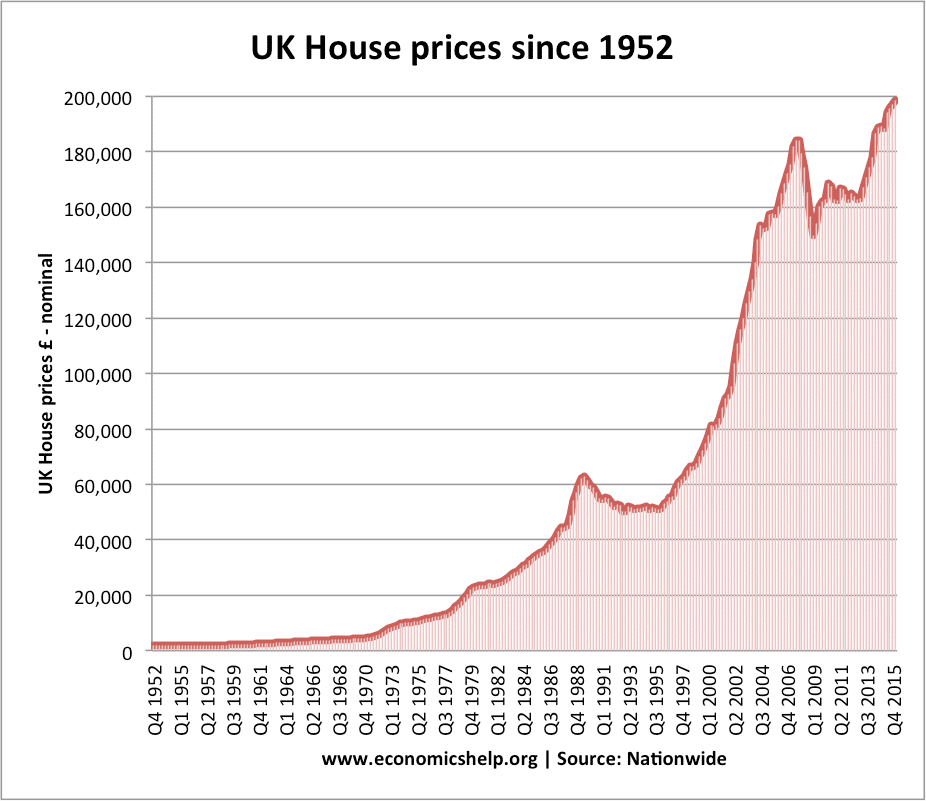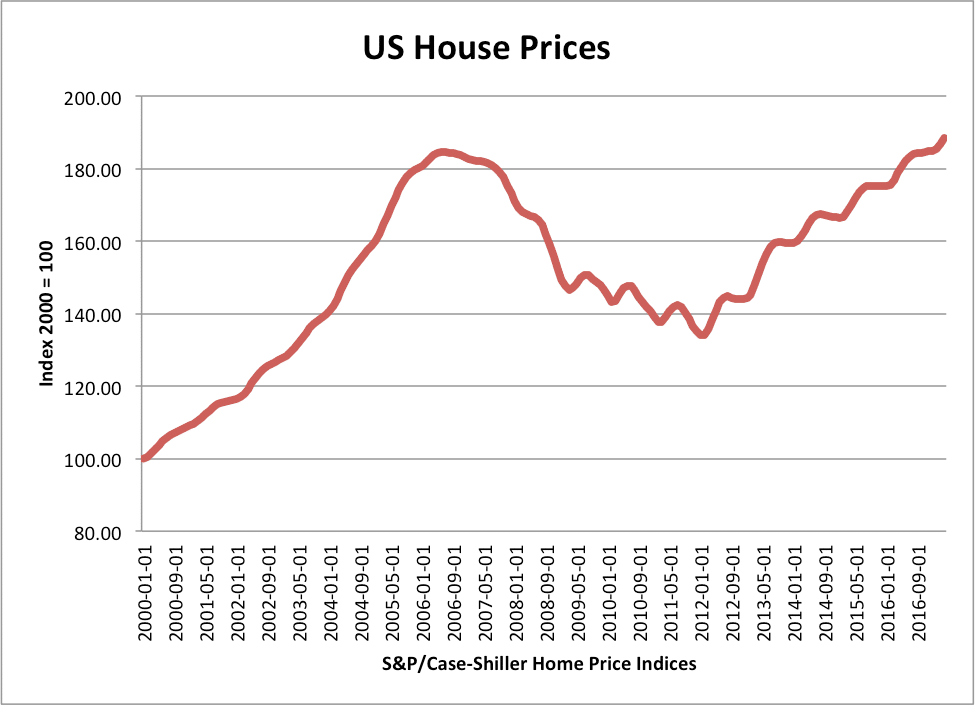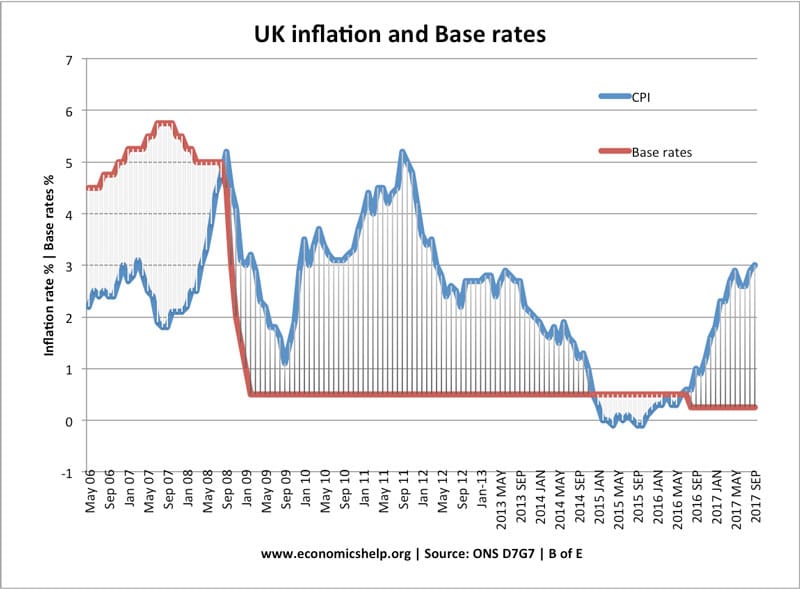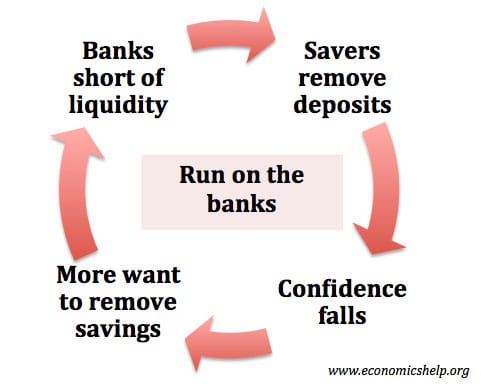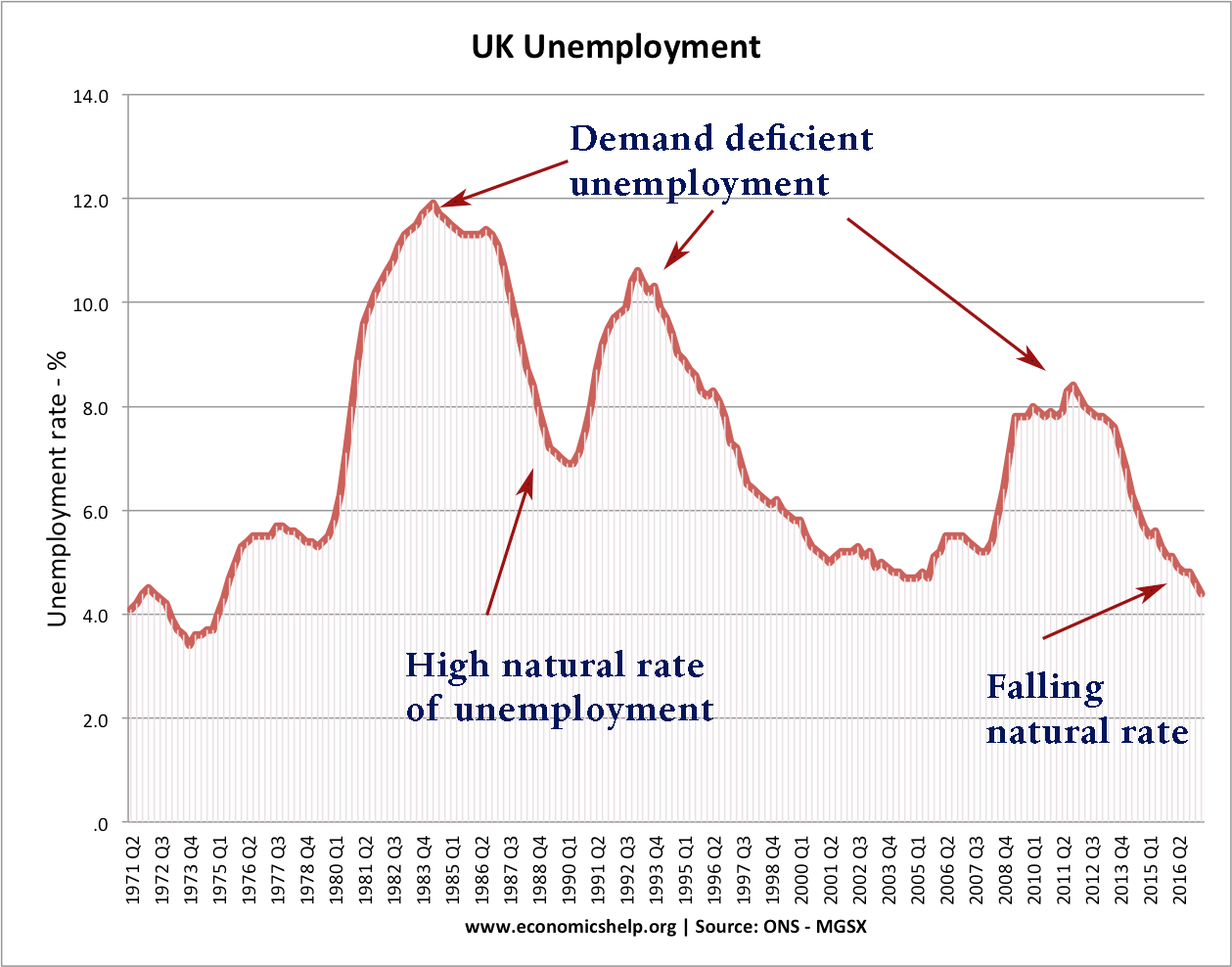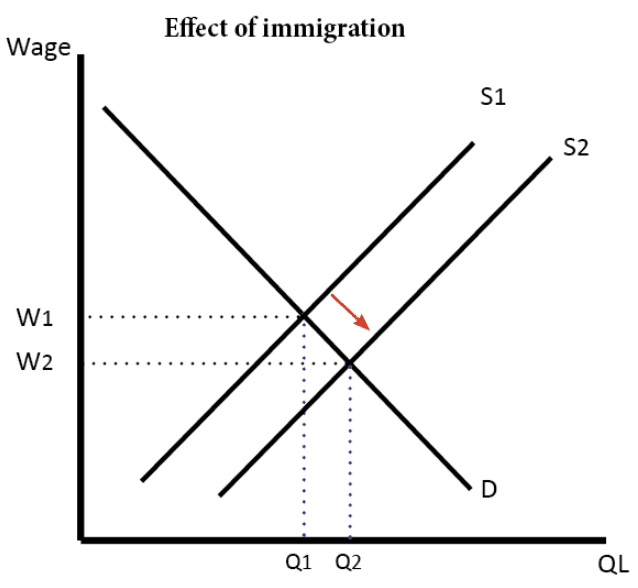When London house prices were £350 in the 1930s
Interesting article here about the UK economy of the 1930s escaping from the Liquidity trap and Great Depression of the 1930s. This involved: Higher inflation target Low-interest rates and negative real interest rates. Devaluation (UK left Gold Standard in 1931) The article is also interesting for another reason, a short insight into the housing market …

